SERIES EDITOR'S PREFACE
Sport is an extraordinarily important phenomenon that pervades the lives of many people and has enormous impact on society in an assortment of different ways. At its most fundamental level, sport has the power to bring people great joy and satisfy their competitive urges while at once allowing them to form bonds and a sense of community with others from diverse backgrounds and interests and various walks of life. Sport also makes clear, especially at the highest levels of competition, the lengths that people will go to achieve victory as well as how closely connected it is to business, education, politics, economics, religion, law, family, law, family, and other societal institutions. Sport is, moreover, partly about identity development and how individuals and groups, irrespective of race, gender, ethnicity or socioeconomic class, have sought to elevate their status and realize material success and social mobility.
Sport, Culture, and Society seeks to promote a greater understanding of the aforementioned issues and many others. Recognizing sport's powerful influence and ability to change people's lives in significant and important ways, the series focuses on topics ranging from urbanization and community development to biography and intercollegiate athletics. It includes both monographs and anthologies that are characterized by excellent scholarship, accessible to a wide audience, and interesting and thoughtful in design and interpretations. Singular features of the series are authors and editors representing a variety of disciplinary areas and who adopt different methodological approaches. The series also includes works by individuals at various stages of their careers, both sport studies scholars of outstanding talent just beginning to make their mark on the field and more experienced scholars of sport with established reputations.
It is the latter group that is most represented in Beyond C. L. R. James. Edited by myself and John Nauright and Alan G. Cobley, the book includes essays written by academicians with international reputations. The essaysemanating largely from presentations given at the Third International Conference on Race and Ethnicity in Sport at the University of the West Indies, Cave Hill in Barbadosfocus on theinterconnection among sport, race, and ethnicity from a global perspective. The essays, which are all based on solid primary research and clear writing and analysis, are far ranging in that they cover such diverse topics as African American women's involvement in sport, cricket and minstrel shows in Australia, sport in South Africa, and basketball among the Oaxacan in the United States. Taken as a whole, the book provides information that will be of interest to scholars, both undergraduate and graduate level students from a variety of academic fields, and a more popular audience with an interest in how race and ethnicity impacts sports from around the world.
DAVID K. WIGGINS
PREFACE
In 1963 C. L. R. James published Beyond a Boundary, which has become one of the classic books ever written dealing with sport in general and race and sport in particular. We present this volume in memory of James and his pathbreaking work, in the hope of continuing the robust debate about the ways in which race and ethnicity are seen in and through sport, and the ways that race and ethnicity have been both barriers to participation and safe havens where sport can prosper.
The idea for this book began at the Beyond Boundaries Conference, which was the Third International Conference on Race and Ethnicity in Sport. The conference was held at the University of the West Indies, Cave Hill, in Barbados, and was cosponsored by the Academy of International Sport at George Mason University. It was fitting that a conference exploring the question of boundaries, race, and ethnicity in sport was held at Cave Hill, where the original manuscript of Beyond a Boundarysome of which remains unpublishedis housed. Not only is there a cricket oval in the middle of the campus; but also Sir Frank Worrell, the first black captain of the West Indies cricket team, is buried at Cave Hill. The conference occurred on the fiftieth anniversary of Worrell's appointment as captain, and it was also the fiftieth anniversary of Muhammed Ali's (then Cassius Clay) gold medal in boxing at the Rome Olympics. We touched on a wide range of themes at the conference, which featured keynote presentations by Daryl Adair, Sir Hilary McD. Beckles, Ben Carrington, and Charles Fruehling Springwood. Some of the best material presented at that conference has been revised, updated, and presented here alongside other cutting-edge work on race and ethnicity in sport. We seek to explore beyond the boundaries set by C. L. R. James while staying true to the core principles that guided his work. These include ideas about social justice, colonial and postcolonial struggles, the role of culture and sport in society, and an understanding of the ways in which political economy, driven by capital and the state, impacts the shaping of identities and the subjugation of peoples.
We would like to thank both the University of the West Indies and the principal of the Cave Hill campus, Sir Hilary McD. Beckles, andGeorge Mason University and Peter N. Stearns for their support of the conference. We would also like to thank the contributors to this volume whose patience with us and with one another has sustained us in ensuring that this research sees publication. Thanks to the team at the University of Arkansas Press for their support of this project as well.
We hope students, colleagues, and the wider public will learn more about how race and ethnicity have both shaped sports participation and led to barriers being constructed to limit participation. We offer this volume as a tribute to C. L. R. James and to all the men and women who have struggled for a place on the field and to shift the boundaries to allow all to participate in sport and in other social activities on equal terms.
I.
Studying Race and Ethnicity in Sport
INTRODUCTION
John Nauright
The work of Cyril Lionel Robert James, known to everyone as CLR James, is the starting point for an in-depth understanding of the role of sport in society. His majestic book, Beyond a Boundary, which he completed in the early 1960s, is a masterpiece of social analysis, history, and autobiography. The year 2013 marked the fiftieth anniversary of the first edition of the book, which is still revered as one of the must-read books in sports studies. The book largely discusses James's upbringing in Trinidad and his engagement with cricket, including an examination of the role of cricket in Caribbean society. James concludes with the campaign to have Frank Worrell appointed as the first black captain of the West Indies cricket team. That James, a well-known and respected Marxist thinker of the twentieth century, should be so well known in sporting circles for his writing on the elitist English-invented sport of cricket seems ironic. Yet, James succeeds in evoking a time and place where skin color mattered in terms of which club you played for and whether you had the opportunity to play for, or ultimately lead, the national cricket team.

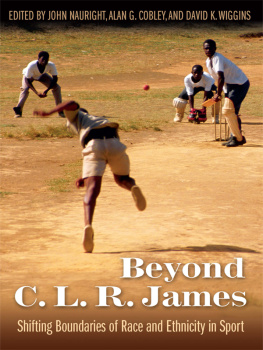
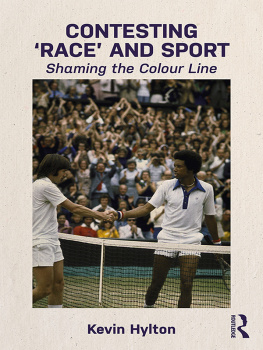

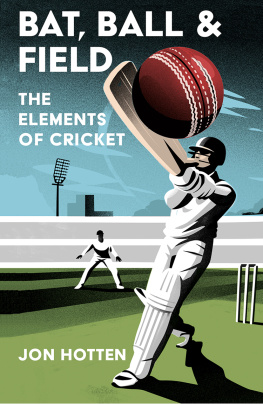
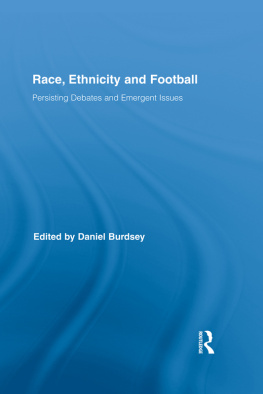
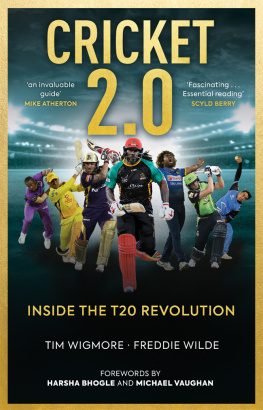

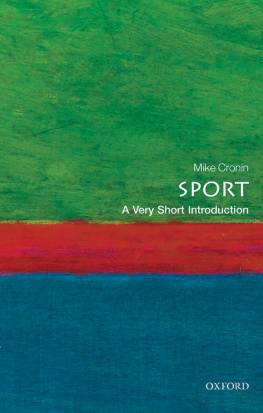
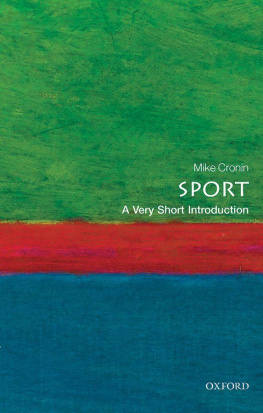
![James Salter - A sport and a pastime : [a novel]](/uploads/posts/book/43559/thumbs/james-salter-a-sport-and-a-pastime-a-novel.jpg)


 The paper used in this publication meets the minimum requirements of the American National Standard for Permanence of Paper for Printed Library Materials Z39.481984.
The paper used in this publication meets the minimum requirements of the American National Standard for Permanence of Paper for Printed Library Materials Z39.481984.